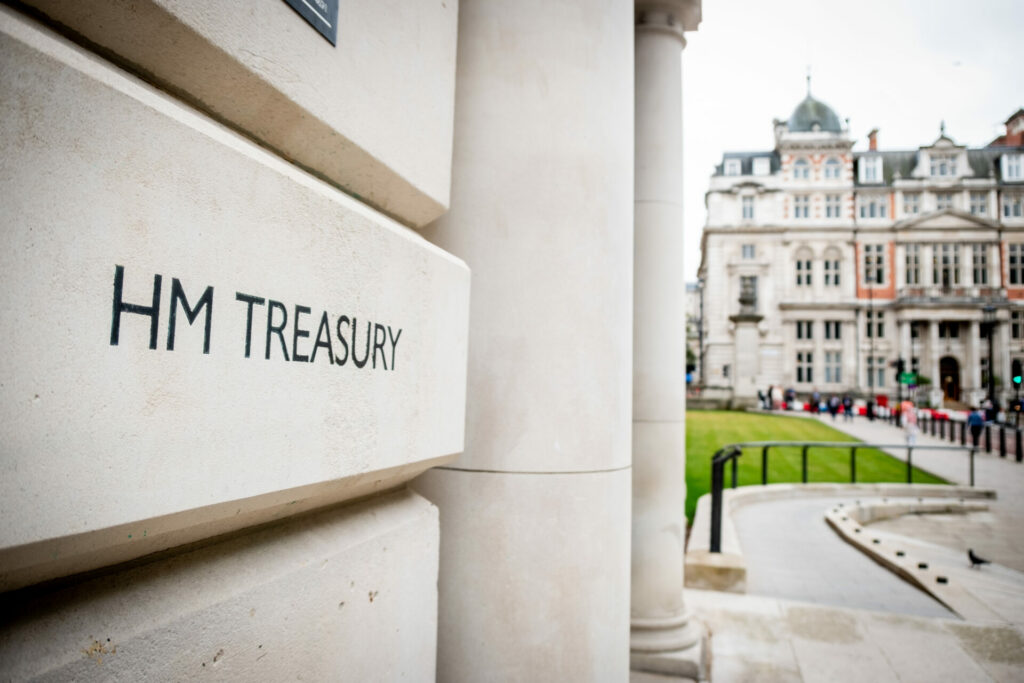Research from Saltus found 30% of high-net-worth individuals (HNWIs) thought inheritance tax (IHT) should be scrapped completely, as more started to look at ways to shield their pensions before new rules come in from 2027.
The survey showed that around 17% picked IHT as the UK’s most unfair tax, ahead of capital gains tax and corporation tax.
The average figure people thought IHT should start at was close to £600,000, much higher than the current £325,000 threshold that has not changed since 2009.
HMRC figures showed IHT brought in a record £8.2bn in the 2024-25 tax year, up £0.8bn from the year before.
Between April and August 2025, IHT receipts hit £3.7bn.
The decision to include defined contribution pensions in the IHT net from 2027 led 33% of HNWIs to look at ways to protect their pensions, while 30% reviewed or changed their pension savings or retirement plans.
Nearly three in 10 (28%) said they were worried about what this could mean for passing on their pension benefits.
There has been talk about whether the Government might also target the 25% tax-free lump sum from pensions, but most experts say this would be a difficult move politically and technically.
Tax worries are now one of the main reasons people turn to financial planning, with more looking at trusts or other vehicles to limit tax bills.
Over a third (36%) thought Labour would put IHT up again, despite complaints about the last set of reforms.
More than half (53%) of Labour voters in the survey said they regretted voting for the party because of IHT.
Support for change was clear, with 46% wanting the IHT threshold raised and the average preferred level at £600,000.
Alex Pugh, financial planner at Saltus, said: “Tax has become one of the biggest sources of uncertainty for clients this year, not just because of what’s been announced, but because of what might come next.
“Inheritance Tax in particular is politically sensitive, and the decision to bring pensions into scope from 2027 has really sharpened focus on long-term planning.
“Many clients are asking whether the rules could change again, and how to prepare without making reactive decisions.”
Pugh added: “The most common question I’ve had recently is about tax-free cash. Clients are understandably nervous about whether that could be targeted next.
“This concern underlines just how much confidence has been shaken by the pace of change.
“Now more than ever, clients need to approach inheritance and legacy planning thoughtfully.”
He said: “There’s no one size fits all answer. Strategies like annuities, gifting or business relief investments all have a place depending on individual goals.
“What matters is keeping planning aligned to values and long-term objectives, rather than reacting to every headline.”
















